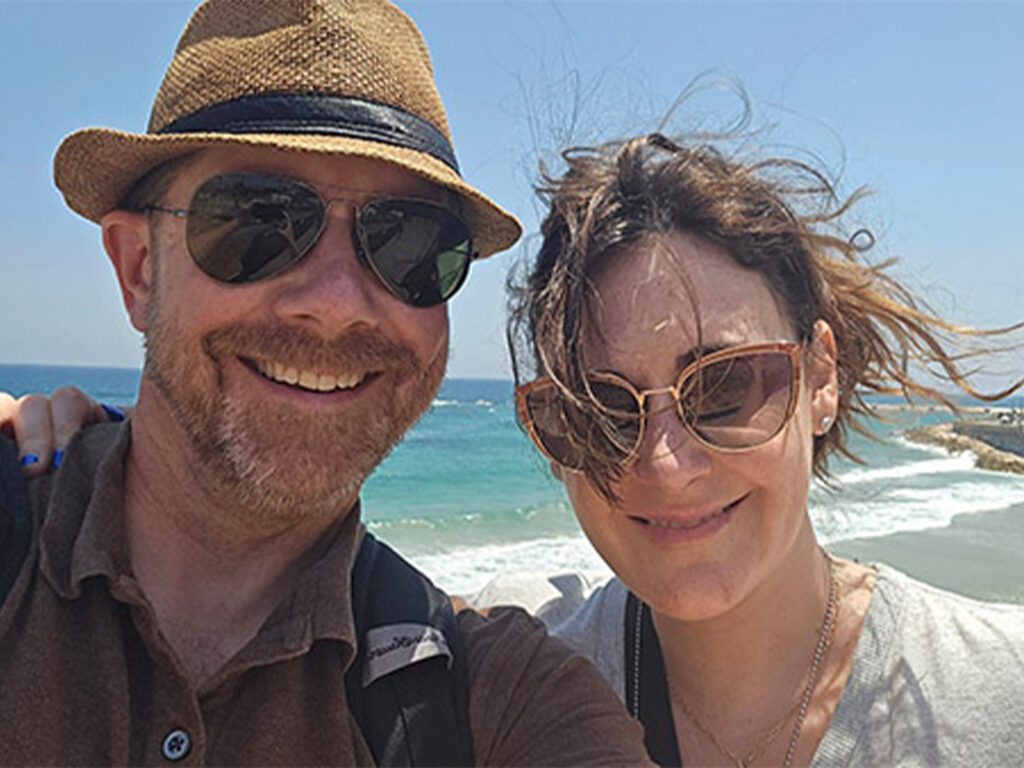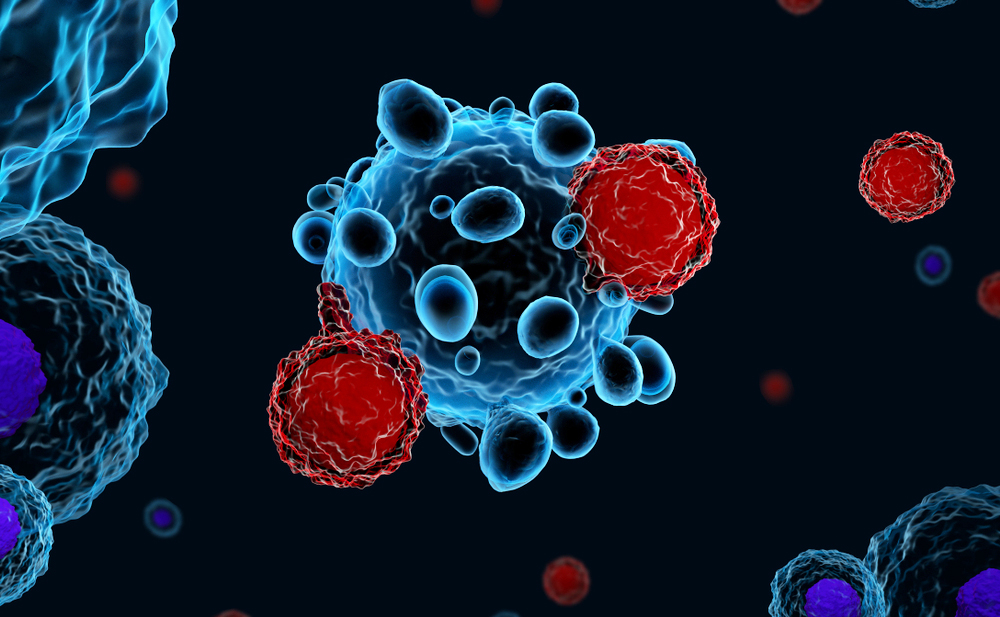One in eight American women will develop breast cancer in her lifetime. Most women can now treat their breast cancer with lumpectomy, but this surgery is challenging, and require a surgeon to obtain microscopically tumor-free margins to avoid recurrence. Unfortunately, there have been no tools to identify microscopic tumor at lumpectomy edges during the initial surgery, and full pathology assessment takes a week or more. As a result, approximately 20% of women are found to have positive margins and need a second trip to the operating room to remove additional breast tissue. Until now.
Over the last 15 years, Barbara L. Smith, MD, PhD, director of Massachusetts General Hospital’s Breast Program and professor of surgery at Harvard Medical School, led a series of multicenter clinical trials with Newton-based Lumicell, Inc., studying the Lumicell Direct Visualization System, a new technology that addresses this problem. The work of Ralph Weissleder, MD, PhD, director of Mass General’s Center for Systems Biology and co-founder of Lumicell, inspired development of LUMIGHT, a novel fluorescent imaging agent used with a handheld fluorescent imaging device and software developed at Massachusetts Institute of Technology. The system received FDA Fast Track and Breakthrough Device Designation.

Real-time Lumpectomy Margin Assessment
In clinical trials involving more than 800 breast cancer patients, LUMIGHT was injected intravenously prior to surgery. After a standard breast cancer lumpectomy specimen was removed, surgeons immediately imaged the lumpectomy cavity intraoperatively and removed additional tissue in areas of fluorescence that indicated possible residual tumor.
“We look right into the patient with light, with no trauma to breast tissue,” Dr. Smith says. “And we’re actually getting a more thorough look than the pathologists can, since the device can examine the entire cavity in about a minute.”
“During lumpectomy surgery, surgeons still struggle to identify and remove all of the tumor during the first operation. With LumiSystem, we now have a technology that can achieve a more complete cancer resection and help reduce the need for second surgeries.”
Use of this system removed tumor that would have been missed by standard surgery with 84% diagnostic accuracy, and helped some patients avoid a second surgery. Results of the pivotal trial of this technology were published in NEJM Evidence in 2023. As a result of this and other trials, the FDA approved the Lumicell Direct Visualization System (LumiSystem) for clinical use in April 2024.
“During lumpectomy surgery, surgeons still struggle to identify and remove all of the tumor during the first operation,” says Dr. Smith. “With LumiSystem, we now have a technology that can achieve a more complete cancer resection and help reduce the need for second surgeries.”
A Bright Future
LumiSystem is now FDA-approved for fluorescence imaging in adults with breast cancer for intraoperative detection of cancerous tissue within the resection cavity during lumpectomy surgery. Research at Mass General and elsewhere will next explore use of LumiSystem for other types of cancer.
“This system is a rational improvement over current week-long pathology assessment of excised tissue,” Dr. Smith says. “It’s the first approved product that takes the approach of looking inside the surgical cavity where the tumor remains and allows immediate removal of residual tumor. We’re excited to see how this approach will improve patient care.”
To support breast cancer research at Mass General, contact us.








